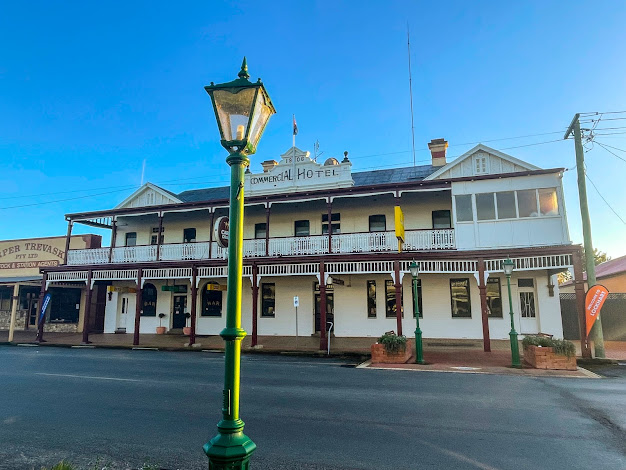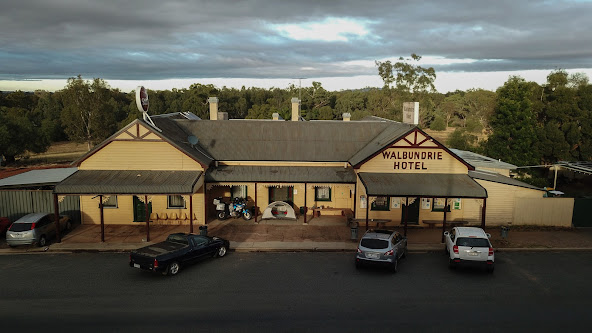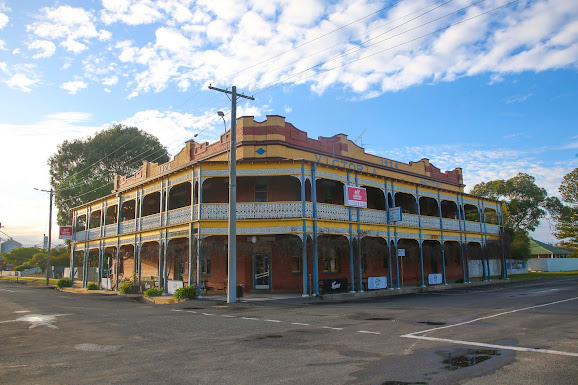A Very Special Type of Pub Grub

Rafferty's Race at the Royal (From: The Sydney Mail, July 15th 1931) RAFFERTY had left his sheep just out behind the common, in charge of old Ned, a dog well known in the district. "Let um have a rest and a feed, Ned, old chap; I'll be back before sundown." Rafferty made his way into the small town-ship only 2½ miles from where Ned stood guard. It was a hot day, and Rafferty's horse could be seen tied up under a shady pepper-tree right in front of the Royal. Rafferty was a queer old chap, and in his humble way he was a born naturalist. You never knew what Rafferty might un-earth from one of his torn coat pockets. "Well, Rafferty," said the publican, "been catching any more of them specimens of yours lately?" "Yes," said Rafferty, "I have. Just fill up that pot again, will you? I'm awful thirsty. I'll show you a thing I got only yesterday morning." The publican obeyed orders,


